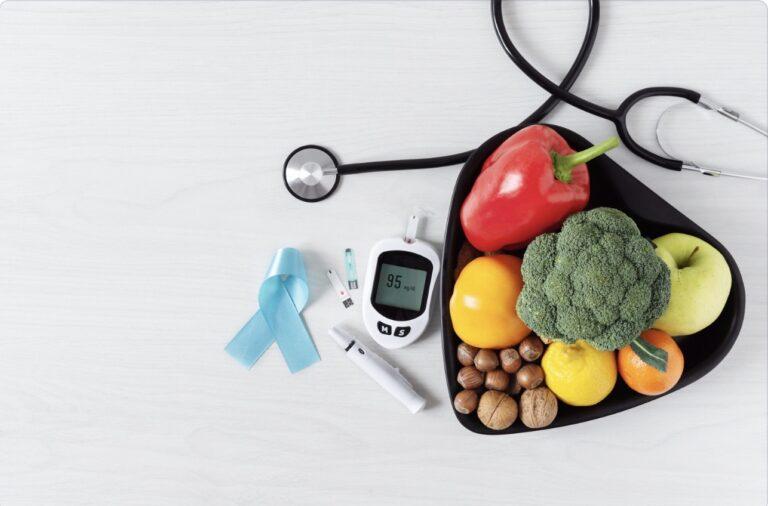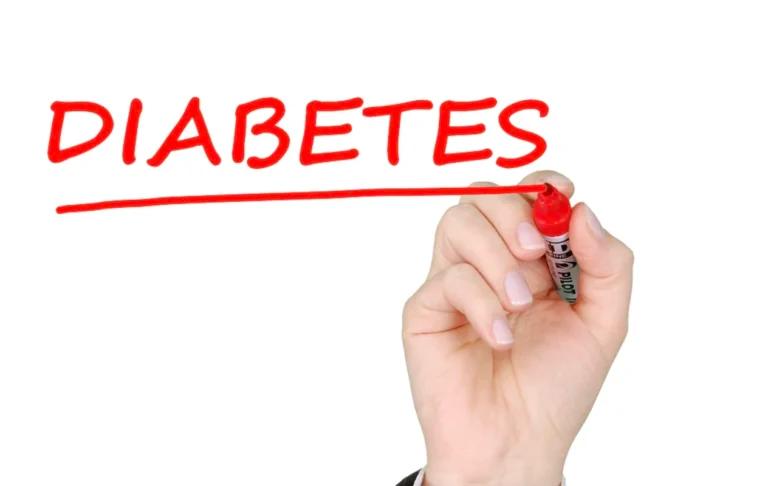Carbohydrate counting is a popular method of blood sugar control for type 1 diabetes and type 2 diabetes. It involves keeping track of the total carbs you eat and drink each day. This is because carbohydrate is the main macronutrient that affects your blood sugar levels. The carbohydrate content of a food or drink is measured in grams (g). To carb count effectively you need to be aware of the total amount of carbohydrates in each meal or snack and how this relates to your insulin dose. You also need to be able to estimate the carbohydrate content of foods when eating out or when away from home.
Sometimes it can seem like no matter how hard you try, your blood sugar just won’t cooperate. If you’re struggling to get your carb counting to work, don’t give up just yet! There are a few possible reasons why your carb counting might not be giving you the results you want. Here are a few possibilities to consider.
You’re not counting the right carbs
If you’re not getting the results you want from carb counting, one possibility is that you’re not counting the right types of carbs. When most people think of carbs, they think of starchy foods like bread and pasta, but there are other types of carbs too. Fruit, milk and certain vegetables contain natural sugars that can also raise your blood sugar. So if you’re only counting the amount of carbs from starchy foods and not taking into account the total carbohydrate amount from other sources, your blood glucose could still be high.
You’re not counting enough carbs
Another possibility is that your carbohydrate intake is too low. Carbs are a type of nutrient that is your body’s main source of energy. In order to function properly, our bodies need a certain amount of glucose (sugar) in our bloodstream. If you’re not eating a sufficient amount of carbohydrates your body will start to break down muscle tissue in order to release stored glucose into your bloodstream. This can lead to serious health problems like ketoacidosis, so it’s important to make sure you’re getting enough carbs in your diet.
You’re not accounting for portion sizes.
Just because a food is low in carbs doesn’t mean you can eat as much of it as you want. If you’re overeating, even on low-carb foods, you’ll likely end up with high blood sugar levels. Be mindful of portion sizes/serving sizes and pay attention to how you feel after eating to get a sense of whether or not you’re eating too much.
You’re not being consistent.
If you only count carbs some of the time, it’s going to be hard to know how much insulin to take and when. Always aim for consistency and build good habits by setting aside time each day to count carbs and check blood sugar levels. This will help you better control your diabetes in the long run.
Insulin Sensitivity
One of the most common reasons why carb counting may not be working is because your body may be more or less sensitive to insulin than the general population. Insulin sensitivity refers to how well your body responds to insulin, the hormone that helps regulate blood sugar levels. If you’re insulin sensitive, you’ll need less insulin to keep your blood glucose levels in check. On the other hand, if you’re insulin resistant, you’ll need more insulin.
There are a number of factors that can affect your body’s sensitivity to insulin, including obesity, age, an unhealthy diet and low activity levels. If you think your insulin sensitivity may be affecting your ability to control your blood sugar levels with carb counting, talk to your doctor or diabetes educator about other options.
A registered dietitian can work with you to create a meal plan that includes foods that are known to help improve insulin sensitivity. These include foods that are high in dietary fibre, whole grains, protein, non-starchy vegetables and healthy fats, as well as those that contain a balance of different nutrients. In addition, the dietitian will also work with you to make sure that your calorie intake and carb intake are right to meet your individual needs. By working with a registered dietitian you can develop a healthy eating plan for weight loss to achieve a healthy weight. This can help improve your insulin sensitivity and overall health.
The 20% Tolerance Rule
Another potential reason why carb counting isn’t working is that the food labels on the foods you’re eating may not be accurate. Around the world, guidance is given by regulators regarding how accurate or inaccurate, nutritional labels are allowed to be.
For the sake of simplicity, we’re going to summarise this as the 20% Tolerance Rule. What this means is that the nutritional values for foods can be up to 20% higher or lower than the label value when tested and still be considered acceptable. If you are interested, full details are available for the UK/EU and the USA below with guidance for other countries found online. Warning: reading them may send you to sleep.
So what does this mean in practice?
One slice of Hovis medium white bread has 17.9 grams of carbs according to the nutritional label. Therefore it would be acceptable to be anywhere from 14.3 grams of carbohydrates to 21.5 grams of carbohydrates. And that’s assuming we haven’t got one of those squashed loaves where sometimes you get a smaller slice or one with more holes than you would like.
So if you’re having two slices of bread for lunch, it can be useful to know that you could be eating anywhere between 28.6g and 43.0g of carbs and this wouldn’t be considered unusual. The same 20% rule applies to the protein, fats, vitamins and total calories.
Accuracy and insulin
Obviously, this makes carb counting and deciding how much insulin to dose incredibly difficult. For someone who takes 1 unit of insulin for 5 carbs, the difference between 28.6g and 43.0g could mean taking anywhere between 5 units and 9 units.
There is no right answer.
There’s also no wrong answer. It’s impossible to know exactly how many carbs or how much protein is in the food you are eating. It’s also impossible to know how this will be broken down by your body, once eaten or how much your body will process as waste. Or whether the food you’re eating actually fits within the regulations at all.
Hundreds of millions have been spent on some of the world’s smartest researchers and scientists to try and calculate exactly how much insulin to dose over the last 50 years. They haven’t solved it. All you can do is make a decision at the time with the knowledge you have available and see how it goes.
If it doesn’t go as you would like every time, it’s not your fault. Leave it behind you, it cannot be changed now. The next time you need to make a similar choice, NowPatient will help by showing you what has happened before. If there are any learnings, they can help inform your next diabetes decision.
NowPatient and carbs
Carb estimating can be a more useful term than carb counting. Knowing there’s no exact figure can better prepare you for the potential range of blood sugar outcomes over the next few hours whilst continuing to inform you on how to dose.
At NowPatient, you can store a carb range for personal portion sizes for each of your foods and drinks. This allows you to estimate the range of carbs once for your portion and then the next time you eat the same food or drink, the carb range is available as a reminder so you don’t need to estimate it again. Just come into NowPatient before you decide what to dose, select the food or drink and see how many carbs were in the portion. Even better, use the ‘What have I done in the past?’ button after selecting your food or drink and also see how many units of insulin you dosed alongside your starting blood sugar level and any other actions you took.
There is some comfort to having specific numbers and we can completely understand how this makes thinking about carbs and dosing easier. With NowPatient, you can store a precise number of carbs for each of your personal portion sizes by selecting the same values for the range.
Hopefully, knowing the 20% Tolerance Rule will give you a little more understanding of why your blood sugar can vary so much after insulin dosing for food and drink. If your blood sugar doesn’t end up exactly as you expect, it’s not your fault, there’s too much ambiguity in food and our bodies to get it right every time. You can’t change the past but with NowPatient, you can make more informed diabetes decisions in the future.
Sources
Medical Disclaimer
NowPatient has taken all reasonable steps to ensure that all material is factually accurate, complete, and current. However, the knowledge and experience of a qualified healthcare professional should always be sought after instead of using the information on this page. Before taking any drug, you should always speak to your doctor or another qualified healthcare provider.
The information provided here about medications is subject to change and is not meant to include all uses, precautions, warnings, directions, drug interactions, allergic reactions, or negative effects. The absence of warnings or other information for a particular medication does not imply that the medication or medication combination is appropriate for all patients or for all possible purposes.









